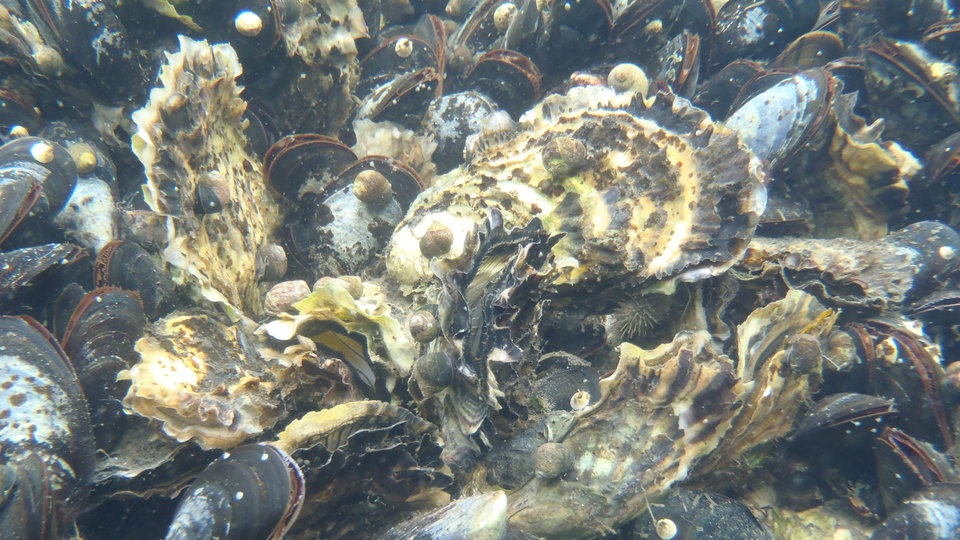
Management of marine ecosystems
Marine ecosystems provide many resources and services that are beneficial to society. Marine ecosystems are also under pressure from human coastal development and resource use.
Exploitation and changes in the marine ecosystems have resulted in a loss of valuable habitats along the coast. Some species risk disappearing completely, and the species composition may change. Knowledge of how ecosystems are affected by human activities and what is required to protect and at the same time facilitate use of marine resources in a sustainable way is something that we work on at IVL.
In recent years, the occurrence of mussel and oyster beds has decreased dramatically in Europe. Observations indicate a similar situation in Sweden, but knowledge of the historical and current distribution of mussels and oysters in Sweden is limited. Mussel and oyster beds are important habitats for many other species in coastal areas.
At IVL we investigate the status of the Swedish oyster and mussel beds, including mapping possible threats and methods toensure future stability of bivalve populations. The work also includes mapping of genetic population structure of flat oysters and mussels, oceanographic modeling and field surveys to evaluate possible restoration measures.
We help you with:
- Mapping of shallow ecosystems, population structure and biodiversity
- Development and evaluation of restoration measures in shallow ecosystems
- Investigations linked to harvesting of wild stocks
